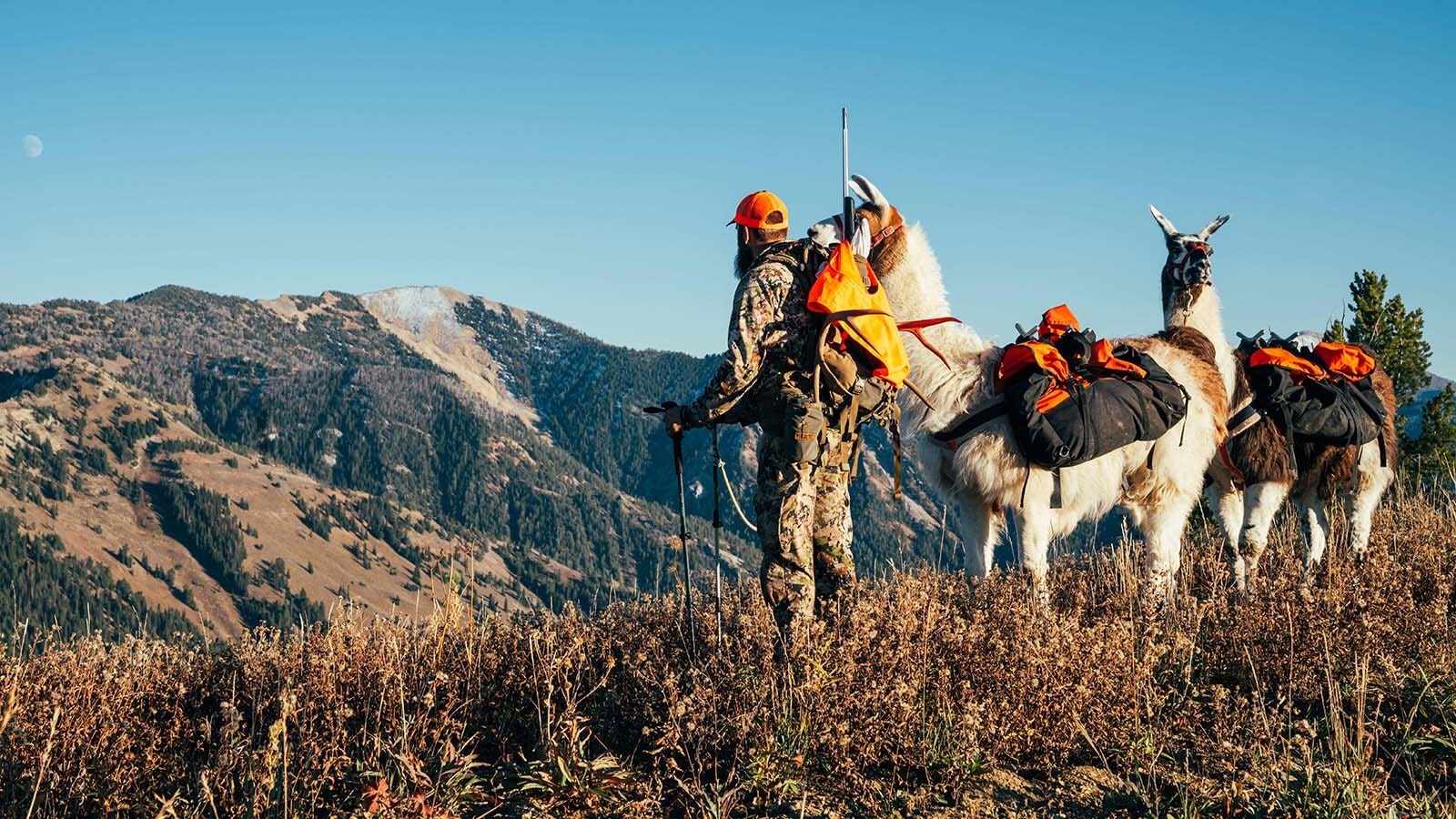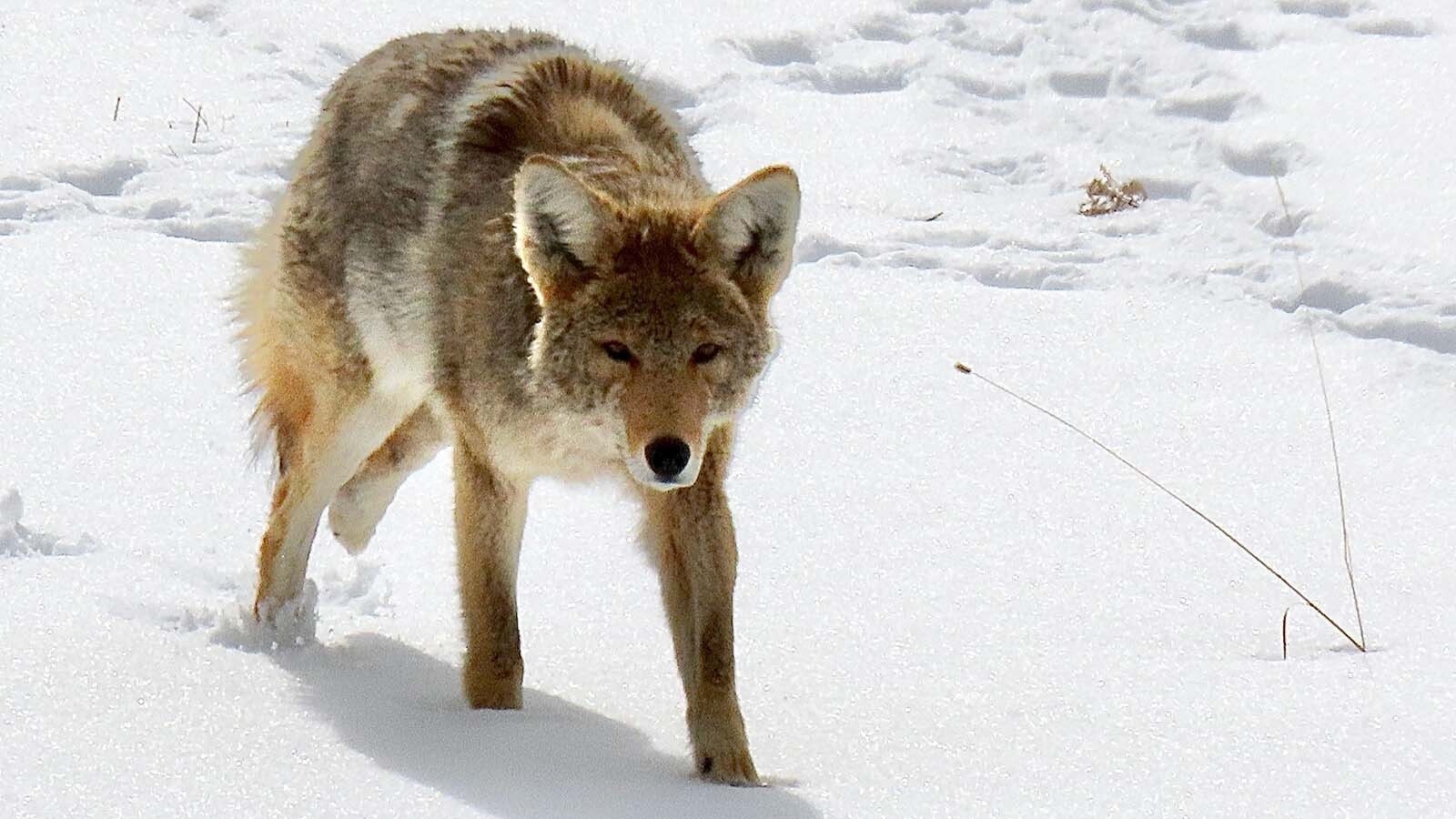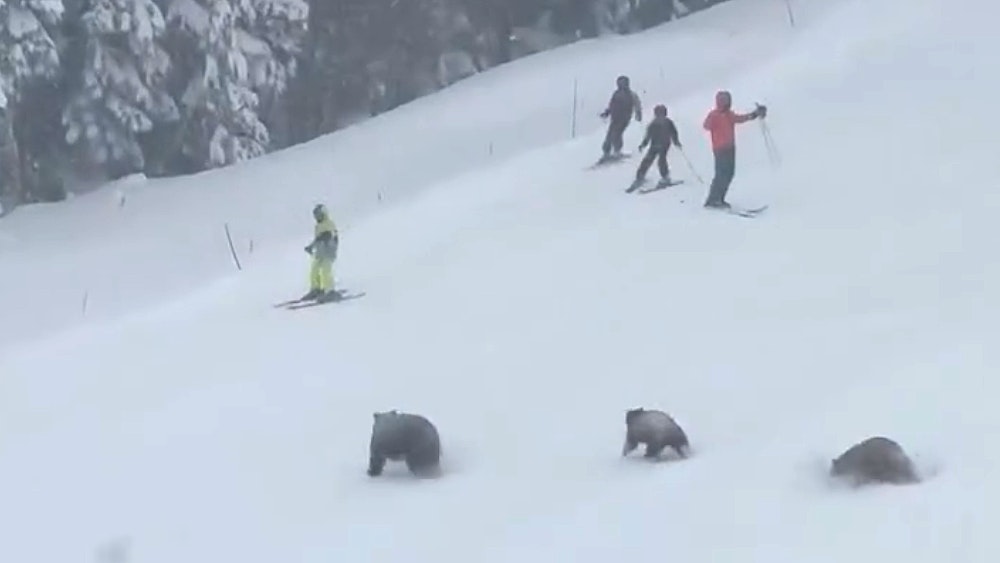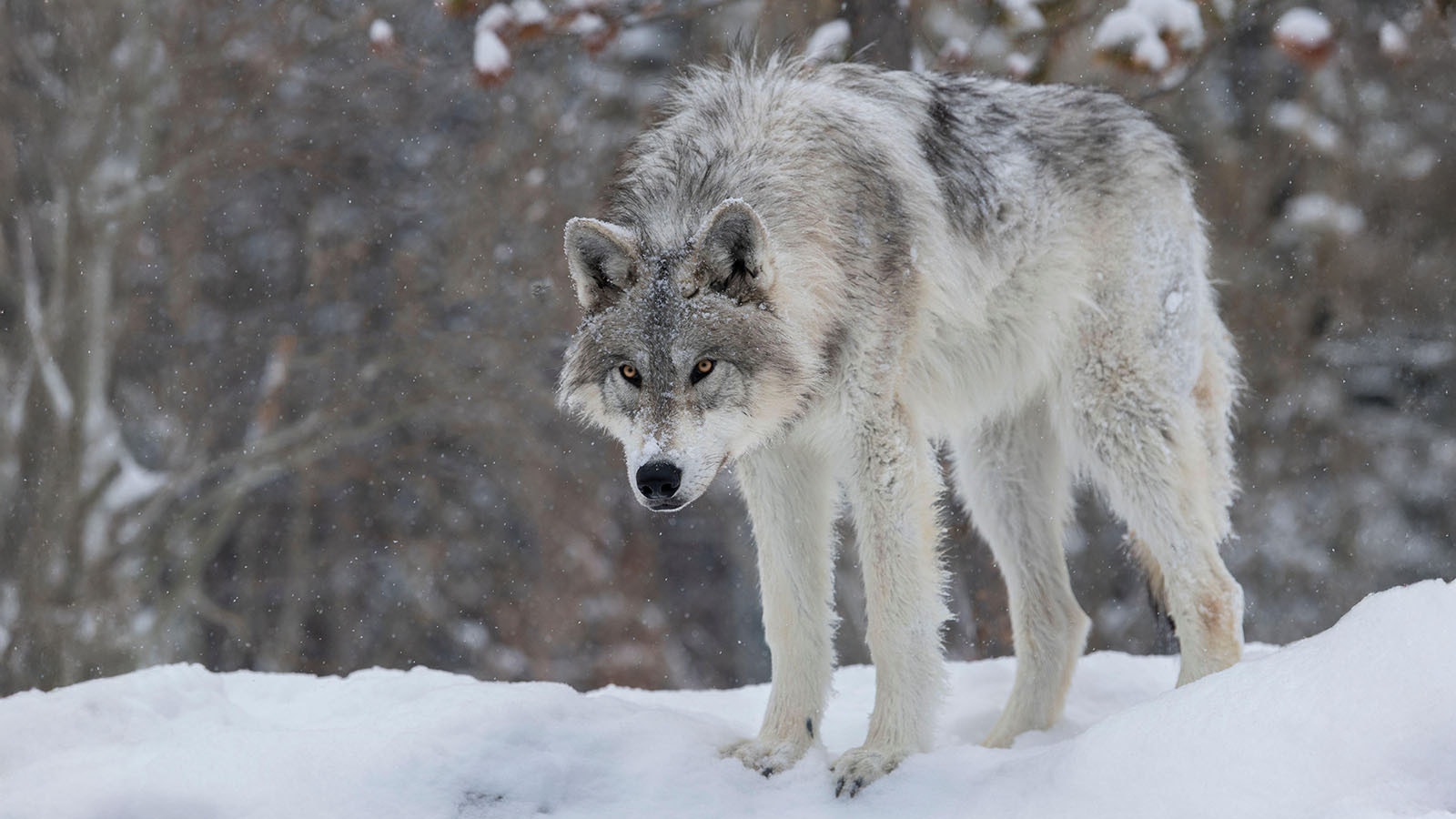Controversy over unpopular proposed changes to Wyoming’s landowner hunting tag policy could come to a head Tuesday when the Wyoming Game and Fish Commission meets in Casper.
Opponents of the changes estimate that hundreds of landowners could show up ready to push back against the changes, which some claim could cut as many as 60% to 70% of the current allotment of landowner tags.
At issue is whether the commission should vote to raise minimum property requirements from 160 acres to 640 acres. The proposal also would require that tag holders have at least 20% ownership of qualifying properties. And finally, the required animal use days would jump from 2,000 to 3,000.
Who Decides What?
The Game and Fish Commission sets regulations for the Wyoming Game and Fish Department.
Based on opposition expressed during public meetings and in comments submitted to the Game and Fish Department, the agency recently recommended that the commission should reject the proposed changes.
However, the decision isn’t the agency’s call. That authority rests solely with the commission.
Messages left for Game and Fish Commission Chairwoman Ashlee Lundvall weren’t returned.

Landowners Still Skeptical
While the department’s recommendation to reject the changes was encouraging, it wasn’t enough to lay landowners’ concerns to rest, landowner and avid hunter Ken Ball told Cowboy State Daily
Ball owns 400 acres south of Glenrock, which qualifies him for two landowner hunting tags.
Under current regulations, he can keep one of the tags for himself, give one to a direct family member, or give both to direct family members.
To ensure his voice is heard, Ball said he plans to attend the commission meeting in Casper. And he expects other landowner-hunters to show up in droves – both from Wyoming and from out-of-state.
“I’ve always planned on attending that meeting,” he said, adding that he’s baffled as to why the commission wouldn’t simply follow the Game and Fish Department’s recommendation to reject the proposed changes.
Multi-Generation Family Ranches Cut Out?
In addition to owners of smaller properties, such as Ball, being cut out, there’s worry that the 20% ownership requirement could disqualify people on large multi-generation ranches.
Ball said he understands the need to prevent things such as 10 people from out-of-state each buying 1,000 acres of a 10,000-acre property to essentially form their own private “hunting club.”
But that’s not happening with multi-generation ranches, Ball said.
Eash person’s percentage of ownership is “sliced thinner” as the family grows and the ranch is passed down from generation-to-generation, he said.
At some point, many individual ownership shares might drop below 20%, he said.
So, it’s easy to see how people with deep Wyoming roots would be disqualified from getting landowner hunting tags, Ball said.
And that, in turn, would undermine the intent upon which the landowner hunting tag program was founded – as a reward for property owners who provide vital habitat, food and water for wildlife, he said.
Ball said that, he, like many others is going to the meeting not only to oppose the changes, but in hopes of gaining some clarity on the matter.
“Somebody out there knows what’s going on, they’re just not telling us,” he said.
Selling Tags A Different Matter
Regardless of what the Game and Fish Commission decides, another lingering controversy is whether landowner hunting tag holders should be able to put their tags up for sale on the open market.
That won’t be discussed during Tuesday’s meeting, because it’s a matter that Game and Fish has no authority over.
Allowing the tags to be put up for sale would require a change in Wyoming statutes, and only the Wyoming Legislature can do that.
Proponents argue that selling landowner tags would allow ranchers to recover some of the costs of such things as elk herds gobbling hay or damaging fences.
Critics say it would amount to commercializing Wyoming’s wildlife, which they view as unethical and against the time-honored North American model of wildlife management – under which wildlife is considered to be a public trust.
Proposals to allow selling landowner hunting tags have come up during some interim legislative committee meetings, sometimes resulting in heated discussions.
Mark Heinz can be reached at mark@cowboystatedaily.com.





